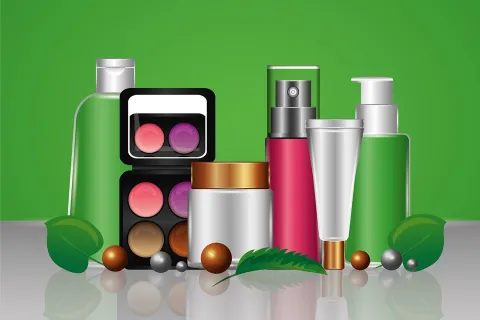
The cosmetic market in Thailand is a thriving one, offering a diverse range of beauty and personal care products. The country has established a comprehensive Regulatory framework to ensure consumer safety and uphold product quality. Thus, manufacturers, importers, and consumers must understand the cosmetic Regulatory scenario in Thailand before launching their products.
Regulatory Authority
The Thailand Food and Drug Administration (Thai FDA), operating under the Ministry of Public Health, is the central authority overseeing cosmetic regulations in Thailand. The cosmetic Regulatory landscape in the country is primarily governed by the Cosmetic Act B.E. 2558 (2015), which lays out the requirements for cosmetic product registration, labeling, manufacturing practices, and safety assessments.
Registration
Manufacturers and importers must undergo a rigorous registration process with the Thai FDA before introducing their cosmetic products into the Thai market. The process involves submitting detailed information on a product’s formulation, ingredients, labeling, and safety data. The Thai FDA evaluates these submissions to ensure their compliance with the necessary safety and quality standards.
Labeling Guidelines
The labeling of cosmetic products is closely regulated in Thailand. Labels must be in the Thai language and should contain clear lists of ingredients in descending order of predominance. Additionally, cosmetic products containing certain ingredients or making specific claims must follow the relevant labeling guidelines.
Safety and Quality
Thailand adheres to the Association of Southeast Asian Nations (ASEAN) Cosmetic Directive (ACD) to further enhance consumer safety and industry transparency. The ACD harmonizes cosmetic regulations across all the Southeast Asian countries, providing a unified framework for ingredient safety, labeling, and claims substantiation.
Quality control is a fundamental aspect guiding Thailand’s cosmetic regulations. Manufacturers are encouraged to follow Good Manufacturing Practices (GMPs) to ensure consistent quality throughout the manufacturing process. While GMP compliance is not mandatory, it is, in fact, considered a best practice.
Thus, the cosmetic Regulatory scenario in Thailand strongly emphasizes consumer safety and product quality. Adhering to the regulations outlined by the Thai FDA and the ACD ensures that your cosmetic products meet stringent standards before they reach the market. Partnering with an experienced service provider like Freyr can help you simplify the process and navigate the complex Regulatory landscape of Thailand!









